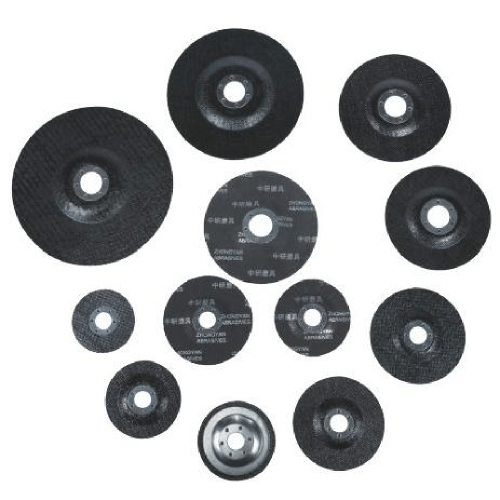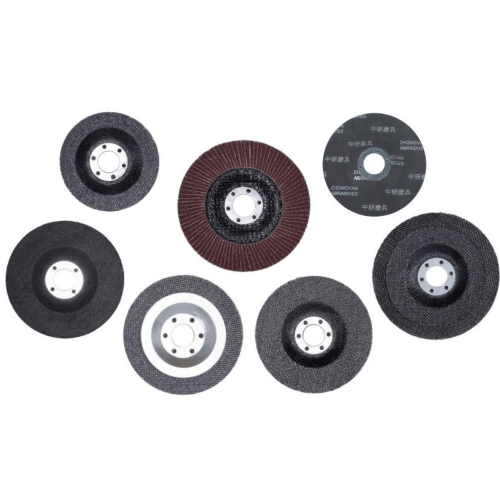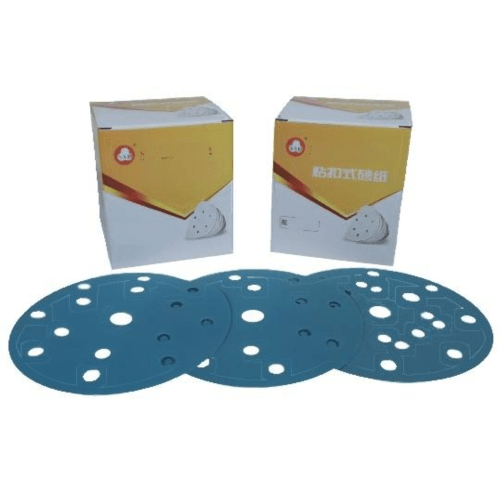wheel molding
Wheel molding represents a crucial manufacturing process in the automotive and industrial sectors, designed to create precise and durable wheel components through sophisticated molding techniques. This advanced manufacturing method combines precision engineering with state-of-the-art materials to produce wheels that meet stringent quality and safety standards. The process involves injecting molten material into carefully designed molds, where it solidifies to form the desired wheel shape. Modern wheel molding incorporates computer-aided design (CAD) technology for optimal precision and repeatability, ensuring each wheel meets exact specifications. The technology allows for various material options, including aluminum, steel, and composite materials, catering to different performance requirements and cost considerations. The process accommodates both single-piece and multi-piece wheel designs, enabling manufacturers to create products ranging from standard passenger vehicle wheels to specialized racing applications. Quality control measures are integrated throughout the production cycle, utilizing advanced testing equipment to verify structural integrity, dimensional accuracy, and surface finish quality.


